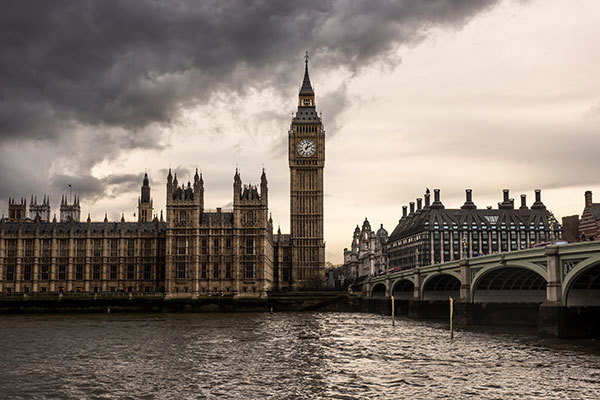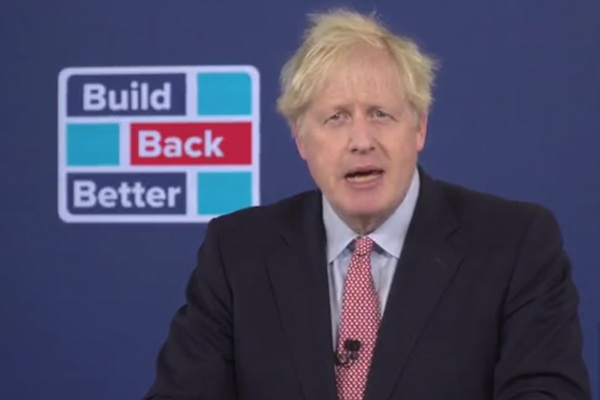You are viewing 1 of your 1 free articles
Government rejects calls from MPs to set social rent targets and provide grant to buy unsold homes
Ministers have failed to commit to a number of recommendations put forward by a group of cross-party MPs concerning the long-term delivery of social housing, including a refusal to provide grant to fund the purchase of unsold homes during the coronavirus pandemic.
In its response to a report from the Housing, Communities and Local Government (HCLG) Committee looking at the long-term delivery of social housing, the government rejected calls to set targets for affordable housing tenures and failed to commit to putting social housebuilding at the top of its COVID-19 recovery agenda.
The government also confirmed it would not take on the HCLG Committee’s recommendation to enable providers to use grant funding to purchase new build homes from developers that may go unsold in a recession, as was previously done in 2008.
The National Clearing House scheme, which was introduced during the financial crash in 2008, provided housing associations with financial support to make bulk purchases of developers’ unsold homes in a bid to support their businesses.
“The primary purpose of the Affordable Homes Programme is to generate new supply of affordable housing that would not otherwise be built. Acquisitions of existing homes using programme funding are therefore limited,” the government said.
This comes two weeks after the Affordable Housing Commission, led by Lord Best, called on the government to set up a £1.3bn fund to buy up unsold homes that have been built by developers.
In response to a recommendation that it should set annual social rent targets, the government said: “While we do not place a specific figure on the number of affordable houses which need to be built every year, we are committed not only to increasing the supply of new affordable homes, but ensuring that we build the right homes in the right places.”
The HCLG Committee’s report argued that 90,000 new social homes are needed in England each year, however last year just 6,287 homes for social rent were built.
Under the upcoming Affordable Homes Programme, which is the main mechanism through which grant is delivered for the development of affordable housing, 50% of the funding will be for affordable rented tenures. However, no targets have been set regarding how many of these homes will be for social rent.
In July the HCLG Committee, which has a Conservative majority, made a total of 16 recommendations to the government following an inquiry by the committee into the delivery of social and affordable rented housing.
This included the recommendation that the government consult with key players in the sector, including the Local Government Association and the National Housing Federation, to develop a new definition for affordable housing.
The HCLG Committee’s report said: “It is crucial that the government links local incomes to a definition of affordability, rather than using “affordable” as a synonym for below market rent or market value.”
However, the government said it does “not prescribe a definition of affordability” and said local authorities should refer to the National Planning Policy Framework when setting local policies.
In response to other recommendations, the government reaffirmed its commitment to ending Section 21 ‘no fault’ evictions “once the urgencies of responding to the pandemic have passed”.
It also said it is “committed to a faster and better compulsory purchase process to support the delivery of housing, regeneration and infrastructure projects”.
Responding to the committee’s recommendation that local authorities should be allowed to use 100% of the receipts raised through the Right to Buy scheme, the government said it is currently considering its response to a consultation on Right to Buy receipts and would be publishing in due course.
Sign up for our daily newsletter
Already have an account? Click here to manage your newsletters













